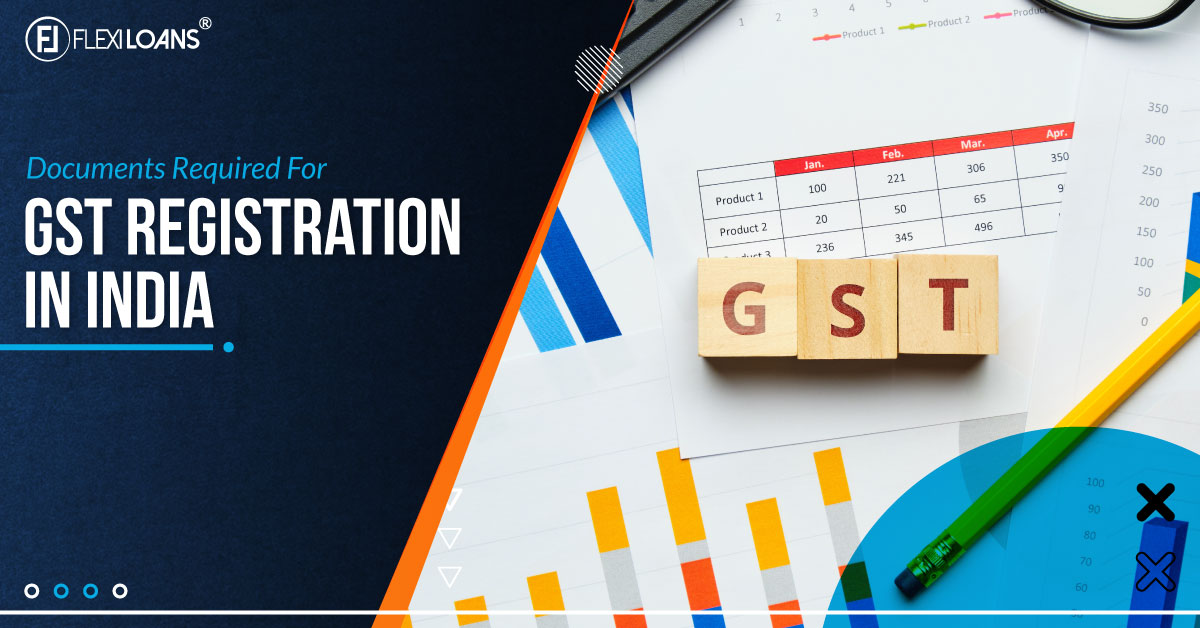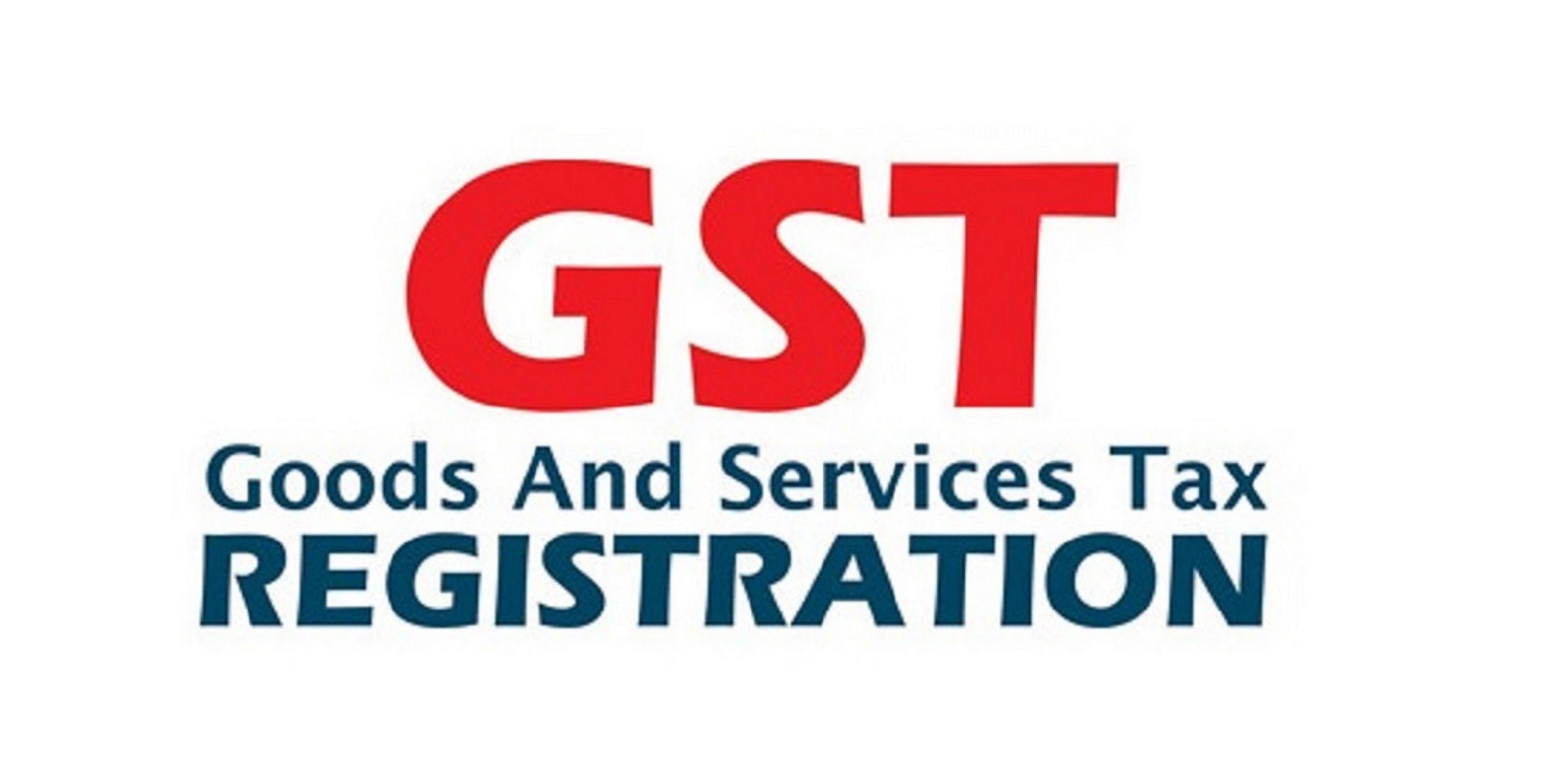Navigating the Intricacies of GST Registration: Professional Tips and Ideal Practices for Smoother Compliance
From figuring out enrollment requirements to taking advantage of technological devices for structured processes, the journey towards smoother GST compliance is nuanced and multifaceted. Keep tuned to reveal crucial strategies and insights that can aid organizations guide with the intricacies of GST enrollment with finesse and confidence.
Understanding GST Enrollment Needs

In enhancement to turn over thresholds, businesses participating in interstate sales or giving taxable services might likewise be required to sign up for GST, even if their turn over is listed below the recommended limit (Singapore GST Registration). Recognizing these needs and thresholds is vital to avoid charges and guarantee smooth procedures within the legal structure
Furthermore, companies must collect and prepare the necessary documents, such as proof of identification, address, company unification, and bank account information, before initiating the GST enrollment procedure. Stopping working to give precise details or meet the enrollment deadlines can lead to penalties or other lawful consequences. Companies must remain informed about the certain GST enrollment requirements appropriate to their procedures to maintain compliance and prevent possible concerns.
Organizing Important Documents
Companies starting the GST enrollment procedure have to meticulously put together and organize the necessary documents needed for entry. The vital documents generally needed for GST registration include proof of service enrollment or consolidation, identification and address proofs of the business owners or companions, financial institution account information, evidence of primary place of company, and authorization forms. Guaranteeing that these files are readily offered and arranged can simplify the enrollment process and avoid delays or rejections.
To effectively organize vital paperwork, businesses should develop a central system for storing and classifying the needed documents (Singapore GST Registration). Utilizing electronic storage solutions can aid preserve easy accessibility and make sure that files are firmly kept. Additionally, developing a checklist of all essential papers can serve as a helpful device to track what has been collected and what is still needed for entry

Leveraging Innovation for Effectiveness
Enhancing functional effectiveness via technological assimilation is critical for modern-day businesses navigating the intricacies of GST registration. One of the crucial methods technology can help in GST enrollment is through the use of automated software program solutions.
Furthermore, modern technology can help with smooth interaction with tax authorities. On the internet websites and interaction tools enable services to send documents, solve questions, and receive updates in a much more effective fashion. This not just speeds up the registration procedure yet additionally helps in preserving transparent and trustworthy communication with the appropriate authorities.
Moreover, cloud-based storage space options give a secure platform for businesses to shop and gain access to their economic information, making certain conformity with GST record-keeping needs. By systematizing information storage space and automating procedures, organizations can boost their total performance and precision in GST enrollment treatments.
Proactive Conformity Tracking

To guarantee effective aggressive compliance monitoring, organizations ought to establish durable internal controls, conduct routine audits, and take advantage of automation tools for real-time monitoring of GST transactions. Normal training sessions for workers on GST conformity demands can also aid in producing a society of conformity within the company. Furthermore, involving with tax professionals or professionals can provide useful insights and support on navigating intricate GST policies.
Involving With Expert Experts
Engaging experienced tax experts can substantially reinforce a firm's understanding and compliance with intricate GST laws. Professional specialists bring a wide range of knowledge and experience to the table, assisting services browse the complexities of GST registration with convenience. By leveraging their know-how, companies can guarantee precise filings, decrease the risk of errors, and stay current with the most up to date regulatory modifications.
When involving with specialist professionals, it is important to select experts with a solid track document in GST conformity (Singapore GST Registration). Look for specialists who have a deep understanding of the appropriate regulations and laws, as well as experience collaborating with organizations in your market. Efficient interaction is vital in this collaboration, so see to it to plainly specify your expectations and establish regular touchpoints to talk about development and deal with any type of issues
Moreover, professional specialists can supply beneficial understandings and recommendations on maximizing your tax obligation method, determining prospective cost-saving chances, and improving your conformity processes. Overall, purchasing expert working as a consultant solutions informative post can go a long way in guaranteeing smoother GST compliance and staying clear of pricey errors.
Conclusion
In conclusion, browsing the complexities of GST registration calls for a thorough understanding of the demands, organization of important documentation, leveraging innovation for efficiency, proactive conformity tracking, and engagement with specialist specialists. By following these ideal methods, businesses can make sure smoother compliance with GST laws and prevent her response potential fines or fines. It is important to remain informed, positive, and persistent in taking care of GST registration to keep compliance and maintain financial honesty.
To make sure compliance with tax laws, services must extensively understand the complex requirements for GST registration. Item and Services Tax Obligation (GST) is a value-added tax obligation levied on a lot of goods and services in a nation, making it crucial for services to sign up for GST to avoid legal effects.Furthermore, services have to gather and prepare the required paperwork, such as evidence of identity, address, company consolidation, and financial institution account details, prior to launching the GST registration process. Services must remain informed about the particular GST enrollment demands relevant to their operations to maintain compliance and avoid prospective problems.
The crucial records commonly required for GST enrollment consist of proof of look at this website company registration or incorporation, identity and address proofs of the business proprietors or companions, financial institution account information, evidence of primary location of company, and permission types.